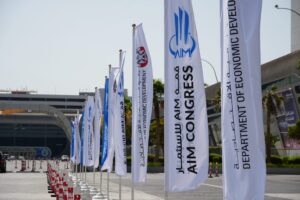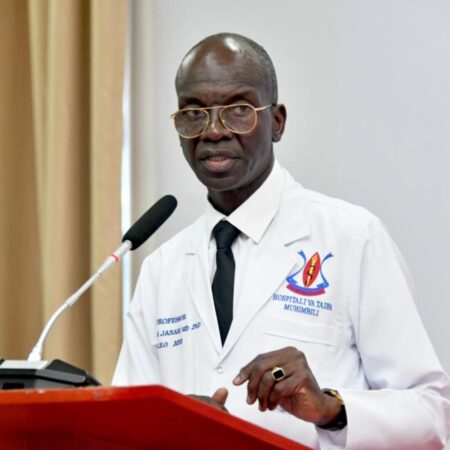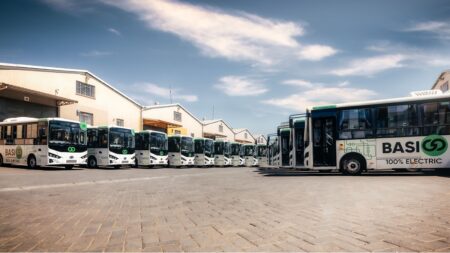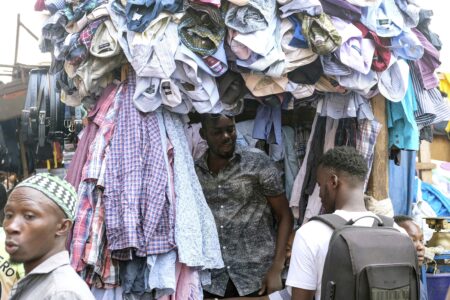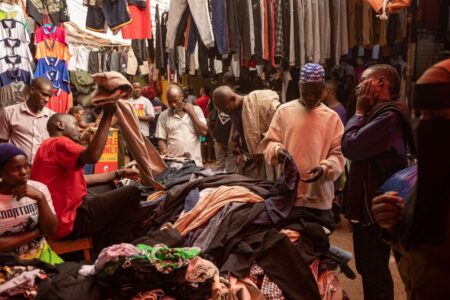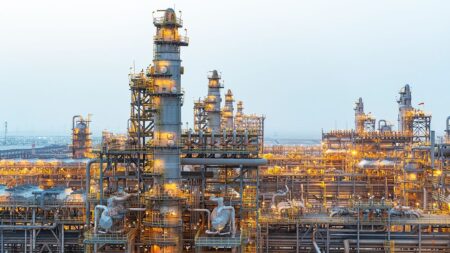- The Africa Energy Summit, which is set for Jan 27-28, is part of the World Bank’s mission to light up the homes of 300 million people.
- Estimated 1,500 policymakers and leaders from around the world will converge to reshape the trajectory of Africa’s energy industry.
- The summit will examine and approve the Dar es Salaam Declaration, a statement embodying Africa’s collective vision for sustainable energy.
In a bold step toward transforming energy access across the continent, Tanzania will host the Africa Energy Summit on January 27–28 in Dar es Salaam. This industry event forms part of the World Bank’s Mission 300 initiative, an ambitious program aiming to provide electricity to 300 million people in Africa by 2030.
Backed by the African Development Bank Group (AfDB) and the World Bank Group, the summit promises to be a cornerstone in reshaping Africa’s energy industry. Bringing together over 1,500 high-profile executives from multilateral agencies, diplomats, development partners, and private sector leaders, the summit underscores the growing global commitment to addressing Africa’s energy challenges.
During a media briefing earlier this week, Tanzania’s Permanent Secretary for Information, Culture, Arts, and Sports, Gerson Msigwa, who also serves as the Chief Government Spokesman, highlighted the significance of the event in positioning Tanzania as a key player in Africa’s energy transition.
“It will serve as a platform for ground-breaking agreements aimed at revolutionizing energy access for 300 million people across Africa by 2030,” he said.
Among other agendas, the Summit will examine and approve the Dar es Salaam Declaration, a statement embodying Africa’s collective vision for sustainable energy. The declaration serves as a guide for boosting renewable energy adoption, improving infrastructure and achieving energy equity universally across the continent.
“We are honoured to be at the center of these vital discussions, as this summit marks an important step towards ensuring access to electricity for 300 million Africans by 2030,” the government spokesperson said.
He also allured to the point that delegates at the Africa Energy Summit are expected to also adopt the Africa Energy Compact, a strategic framework for advancing sustainable and equitable access to energy.
“The compact is a roadmap for clean and inclusive energy development,” he detailed. He went on to detail that the summit will also endorse the first phase of several National Energy Compacts for 2025–2030, where 14 countries, including Tanzania, Nigeria, Zambia, Senegal and the Democratic Republic of Congo.
“This is a chance for delegates to unveil plans to enhance energy access, reliability, and affordability,” he added, noting that; “President Samia’s diplomatic efforts have placed Tanzania at the forefront of Africa’s energy dialogue.”
The Summit delegates are expected to review the development of renewable energy sources, expansion of electricity access across rural and urban areas, and the promotion of clean cooking energy to safeguard public health and protect the environment.
On his part, Innocent Luoga, the ministerial commissioner for electricity and renewable energy, said the Mission 300 Initiative is crucial to meeting Africa’s electricity access need and expanding infrastructure to reach underserved areas.
“Mission 300 is a transformative project that will be signed by 14 countries at the summit, a milestone in cross-border energy collaboration,” he told the media.
Ambassador Noel Kaganda, the Foreign Affairs Director of Multilateral Cooperation, highlighted the fact that as of December 2024, the country’s electricity generation capacity had reached 3,169.20 megawatts and access to electricity has surged from 14 per cent in 2011 to 78.4 per cent late 2020, thanks to the Rural Energy Agency (REA) that has managed to connect almost 90 percent of all villages to the national grid.
“The Africa Energy Summit presents an opportunity to showcase Tanzania’s progress in energy development and strengthen its global standing,” he told local press.
Also Read: How Africa’s infrastructure gaps are catastrophe to economic transformation
Africa Energy Summit: National Energy Compacts
Several countries are expected to present their National Energy Compacts, that among other things, outline measurable targets and key reforms to expand cost-efficient power generation in their respective countries.
The National Energy Compacts will boost regional power integration for cross-border trade, scale up last-mile electrification using renewable energy solutions, unlock private investment through regulatory frameworks, and strengthen utilities through transparent financial management.
The details to the National Energy Compacts are provided by the World Bank, which is supporting the various African countries o realize their electrification goals. The World Bank is committed to assisting its client countries to achieve SDG7 by 2030 as an integral part of just energy transition, reads the World Bank report titled ‘Mission 300 is Powering Africa.’
“Currently, nearly 600 million Africans lack access to electricity, representing 83 per cent of the global energy deficit… Mission 300 focuses on expanding the electricity grid, deploying mini-grids and standalone solar solutions, and catalyzing private investment through policy reforms to address this challenge,” reads the report.
The World Bank describes the initiative as a goal to deliver reliable, sustainable, and affordable electricity to homes, businesses, schools, and hospitals across the continent while advancing economic growth and climate goals.
“Mission 300 emphasizes collaboration among governments, private sector stakeholders, and development partners, supported by organizations such as the Energy Sector Management Assistance Program, the Sustainable Energy Fund for Africa, the Rockefeller Foundation, Sustainable Energy for All, and the Global Energy Alliance for People and Planet,” the report says.
It is through these partnerships that Africa seeks to mobilize public and private financing to achieve the ambitious goal of connecting over 300 million of its people to electricity by 2030, just five years from now.


